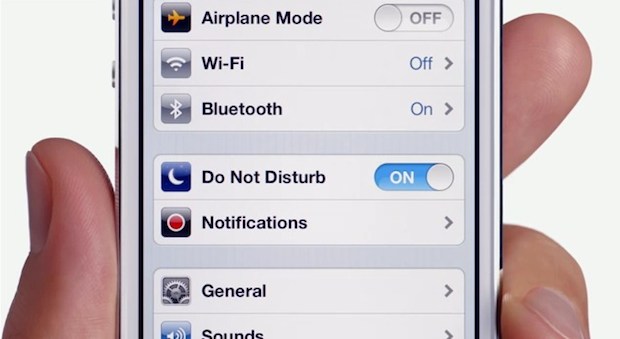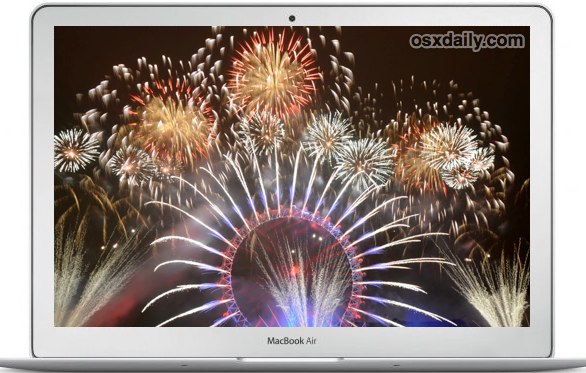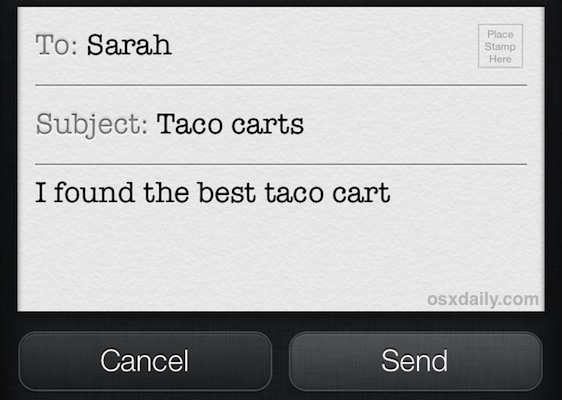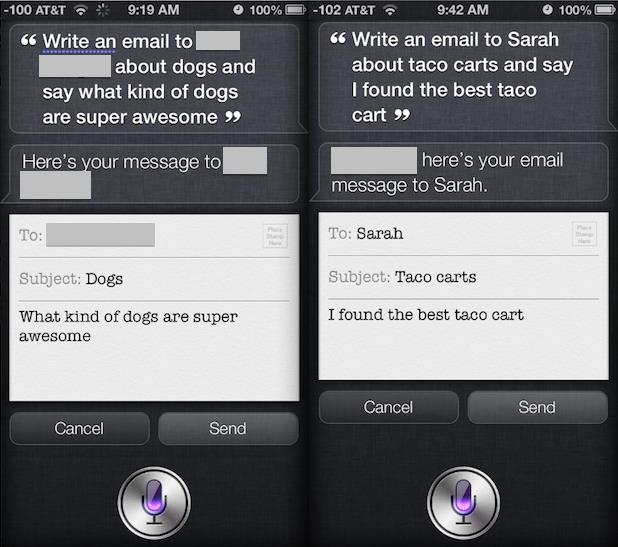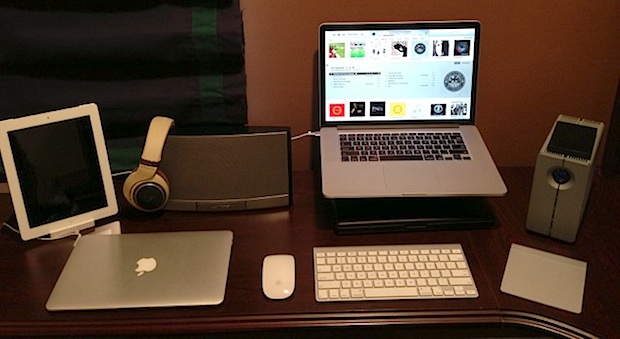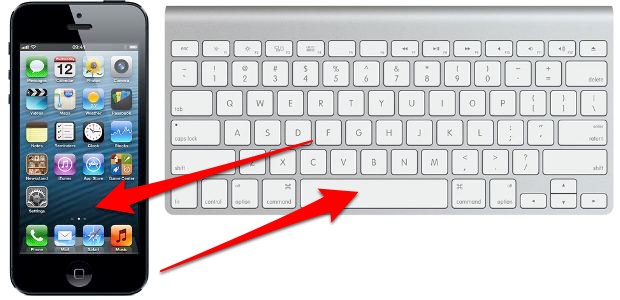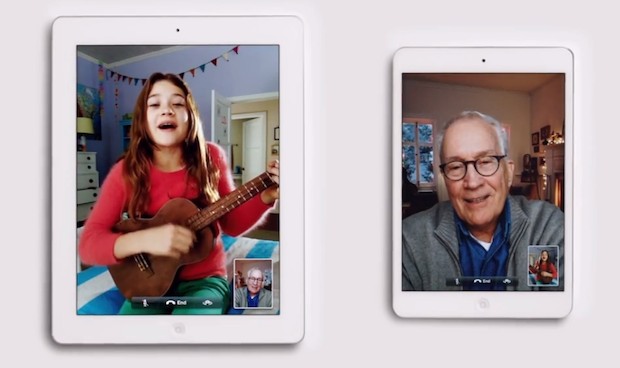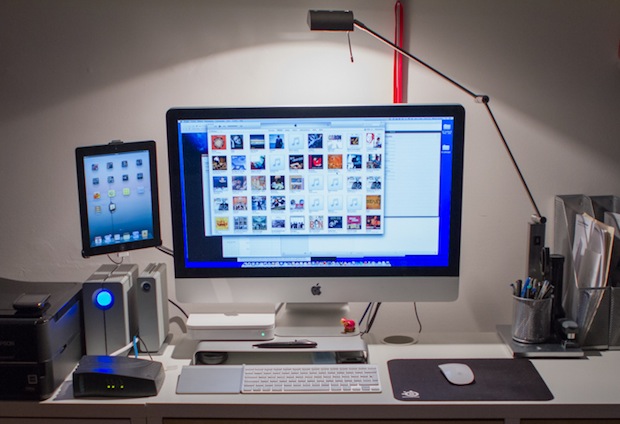Old iPhone and iOS? You Can’t Block Calls, So Creating a Blocked List is the Next Best Thing

The ability to block incoming calls on the iPhone is missing on older versions of iOS, and though new versions of iOS can block calls, older devices are left withthe Do Not Disturb feature. Do Not Disturb is excellent, but it’s not really blocking unwanted calls, it just sets a time period where any calls won’t bother you.
So what can you do if you want to actually block a phone call on the iPhone? You have a few options. You can attempt to contact your cellular carrier and request a specific number be blocked, but not all carriers support that option and you’ll be spending plenty of time on hold and bouncing around tech support menus to even find out if it’s possible. That’s not really viable for evryone though, which leaves a few iOS features as the next best thing, allowing you to create your very own do-it-yourself “block” list of sorts that is centralized and configured to be easily ignorable and also easy to add to.
1: Create an “Ignore” Contact for Numbers & People to Block
Though it may seem completely counterintuitive to create a contact for the people or numbers you don’t want to accept calls from, it’s necessary if you want to ignore those numbers by way of software.
- Open Contacts and tap the [+] button to add a new contact
- Name it “Ignore” or something similar, and tap on the number field, add every phone number you wish to ignore to this newly created contact
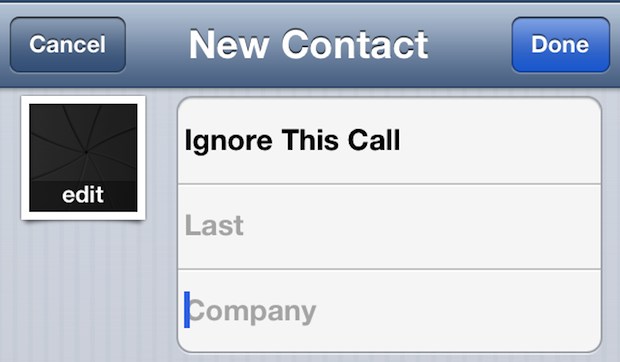
2: Turn Off Alerts, Vibrates, & Use Silent Ringtones for the Call List
Now that you have the “Ignore” contact created, we’ll disable every alert sound, tone, and vibration for the contact, causing each number within that list to fall silent.
- From the newly crafted “Ignore” contact, navigate down to the ringtone section, tap on it, and choose a silent ringtone. If you don’t have a silent ringtone handy, creating one takes just a moment or two with QuickTime Player
- Next, tap on “Vibration” under Ringtone and choose “Nothing”
- Now move on to text tones, and as the alert tone choose “None”
- Finally, go to “Vibration” under Text Tone and choose “Nothing”
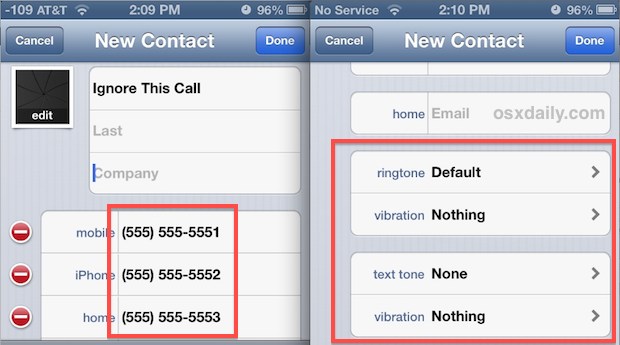
3: Adding New Numbers to the Blocked List
Got a phone call from a new number you want to “block” and not be notified of again? No problem
- Send the caller to voicemail with a double-tap of the power button, let it ring out on mute, or answer it
- When the call is no longer active or ringing, tap the blue (>) arrow button next to the number in the Recents list
- Scroll down and choose “Add to Existing Contact”, locate the “Ignore” contact and add the number to that list, causing all texts, calls, and alerts to be nonexistent for the caller

Having a centralized “block” contact like this is also far more preferable to creating a bunch of different contacts for all numbers you want to ignore, because it will keep your address book clean and you only have to adjust the alert settings once. Keep in mind that inbound calls and texts from these numbers are still going to come through to the phone, they just won’t alert you or bother you in any way, making them easy to ignore.
This is very much a workaround obviously, but until a true block feature is either implemented at the iOS level or universally allowed from cell providers, it’s really the only choice we have.
Again, all modern versions of iOS support contact blocking natively so you won’t need to do use this list method, but for older devices, the block list works just fine.


